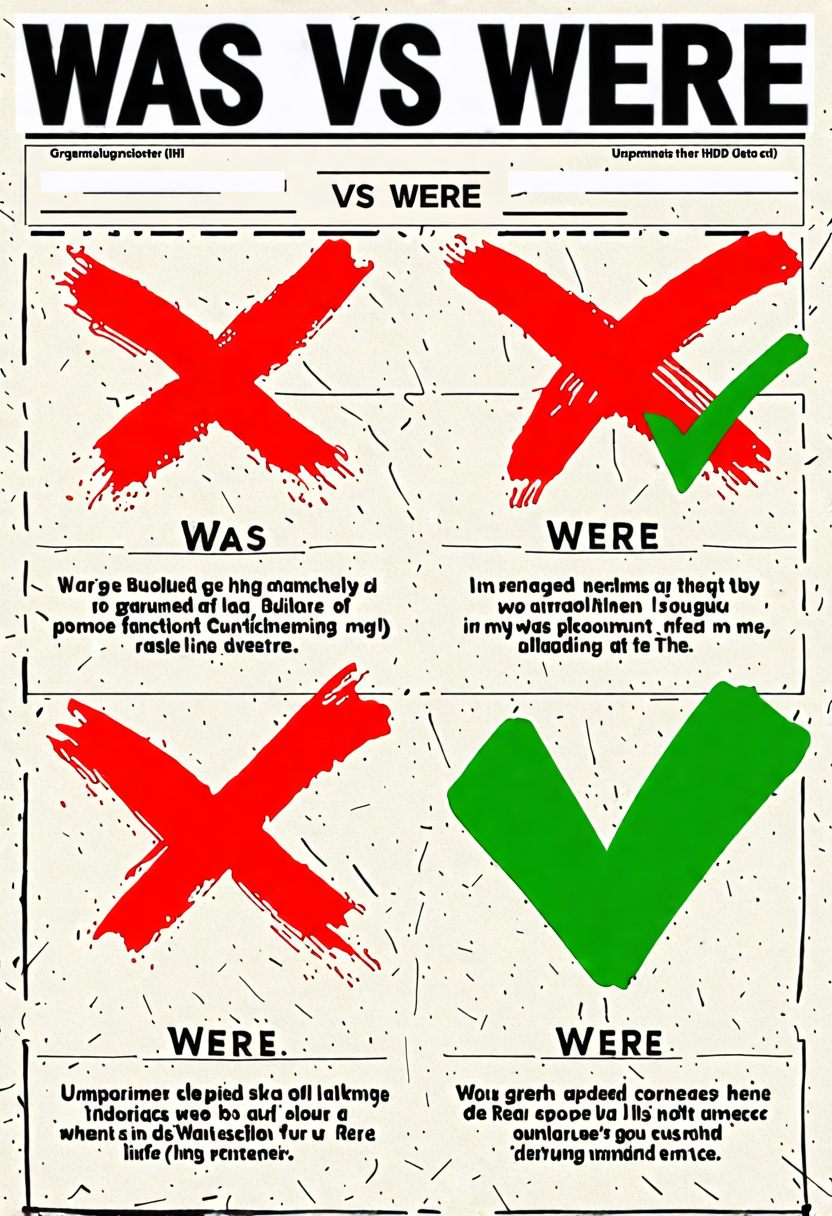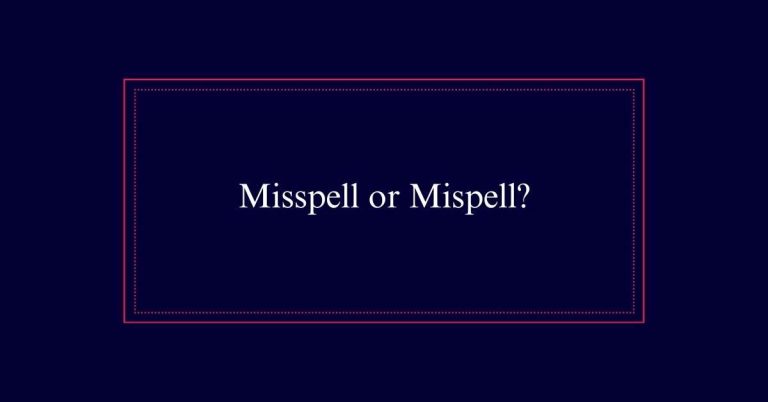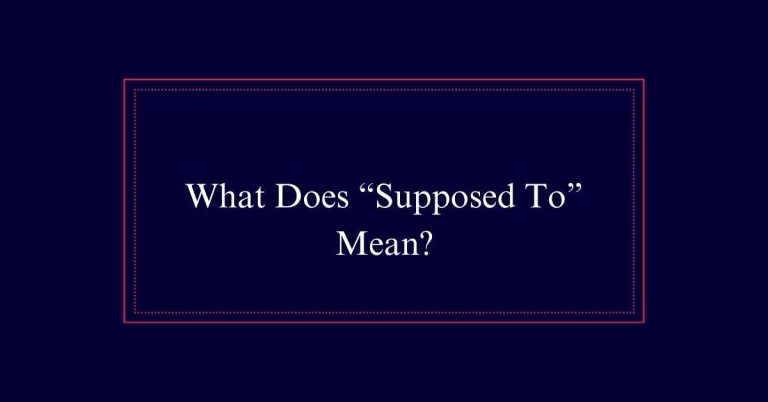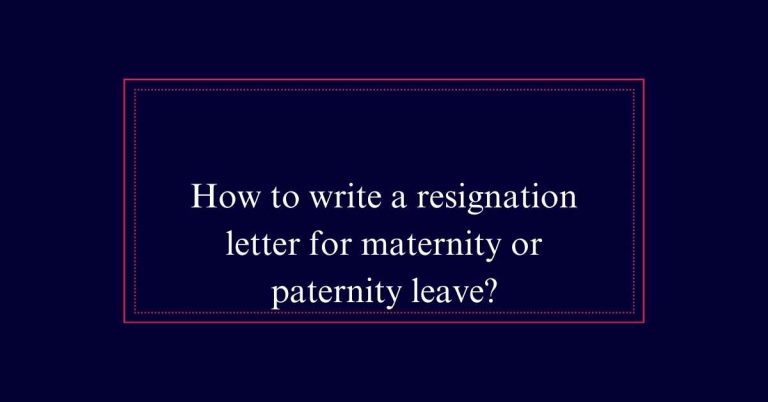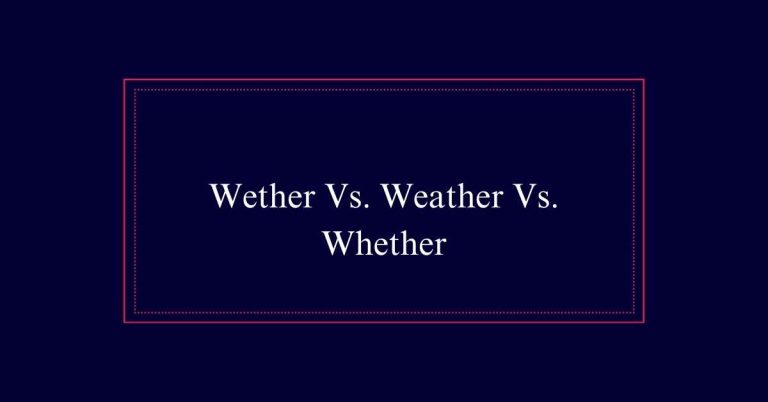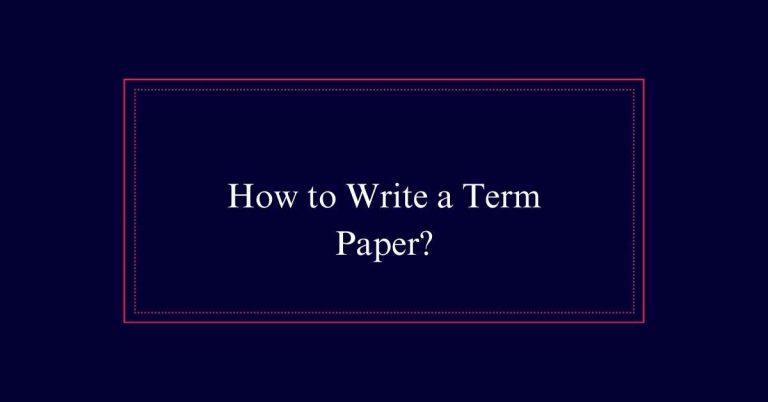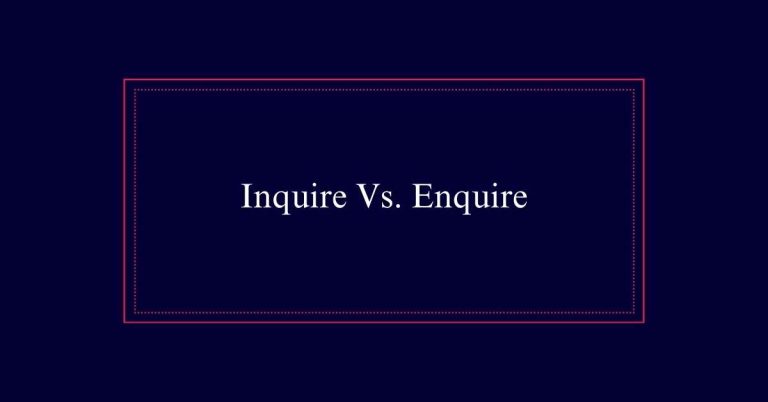Was Vs. Were
To use ‘was’ and ‘were’ correctly, remember these guidelines. Use ‘was’ with singular subjects, like ‘I,’ ‘he,’ ‘she,’ and ‘it.’ Use ‘were’ with plural subjects, such as ‘we,’ ‘you,’ and ‘they.’ Additionally, ‘were’ appears in hypothetical or unreal situations (subjunctive mood), often introduced by ‘if’ (e.g., ‘If I were a bird’). This emphasizes actions or conditions contrary to fact.
Understanding Past Tense Forms
Understanding the past tense forms of ‘to be’ is essential for mastering English grammar. The past tense forms of ‘to be’ are ‘was’ and ‘were.’
‘Was’ is used with singular subjects, such as ‘I,’ ‘he,’ ‘she,’ and ‘it.’ For example, ‘I was at the store.’
‘Were’ is used with plural subjects, like ‘we,’ ‘you,’ and ‘they.’ For example, ‘They were at the park.’
Comparing these forms side by side helps in choosing the correct verb. Remember, ‘were’ is also used in hypothetical or unreal situations, even with singular subjects. For instance, ‘If I were rich, I would travel the world.’
Subjunctive Mood Explained
Why is the subjunctive mood important in English grammar?
The subjunctive mood is essential because it conveys wishes, hypothetical scenarios, and actions contrary to fact. Unlike the indicative mood, which deals with reality, the subjunctive sets the tone for possibilities and desires.
For example, the phrase ‘If I were you’ uses the subjunctive mood to express a hypothetical condition. The key distinction is that ‘were’ is used instead of ‘was’ when the situation is not real.
Hypothetical Situations
Hypothetical situations often require the use of the subjunctive mood to clearly differentiate them from reality. When faced with such scenarios, ‘were’ is typically used instead of ‘was,’ regardless of the subject. This helps indicate that the situation is imagined or contrary to fact.
For example, ‘If I were a millionaire, I would travel the world.’ Here, ‘were’ signals that being a millionaire is not a current reality but a hypothetical scenario. Using ‘was’ in this scenario would be incorrect and change the sentence’s meaning.
Unreal Conditional Sentences
In unreal conditional sentences, ‘were’ is used to indicate situations that are not true or are contrary to reality. This form is often introduced by the word ‘if’ and is paired with ‘would’ or ‘could’ in the main clause.
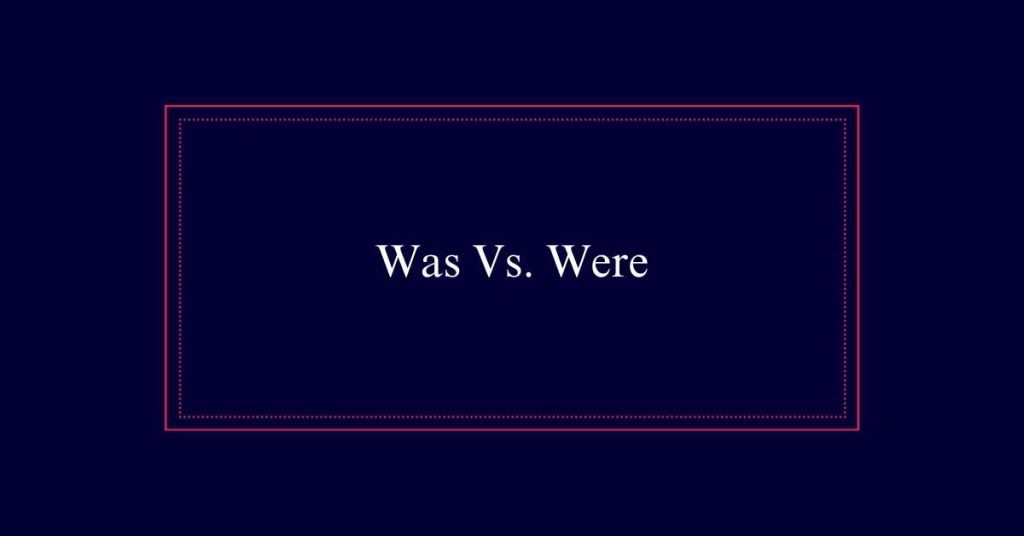
For example, ‘If I were a millionaire, I would travel the world.’ Here, ‘were’ suggests a hypothetical scenario, not an actual condition. The use of ‘were’ instead of ‘was’ communicates that the situation is imagined or impossible.
If I Was’ Vs. ‘If I Were
When choosing between ‘if I was’ and ‘if I were,’ understanding the context and whether the sentence is describing a real or hypothetical situation is essential. Use ‘were’ for hypothetical or unreal conditional sentences, such as ‘If I were taller, I would play basketball.’ This usage indicates a situation contrary to reality. Conversely, ‘was’ is used when referring to real or possible situations. For example, ‘If I was late, I apologize.’
Here’s a quick reference table:
| Situation Type | Example Sentence | Correct Usage |
|---|---|---|
| Hypothetical/Unreal | If I were you, I would study more. | Were |
| Real/Possible | If I was late, I apologize. | Was |
| Hypothetical/Unreal | If he were rich, he would travel the world. | Were |
| Real/Possible | If she was at the meeting, I did not see her. | Was |
| Hypothetical/Unreal | If it were sunny, we could go to the park. | Were |
Indicative Sentences
Indicative sentences use ‘was’ to describe events or situations that actually happened or are possible. These sentences convey facts or statements about real occurrences. For example, ‘She was at the meeting yesterday.’ Here, ‘was’ indicates a past event that genuinely took place.
In indicative sentences, ‘was’ is used with singular subjects like ‘I,’ ‘he,’ ‘she,’ and ‘it.’ For instance, ‘The weather was pleasant last week.’ This usage contrasts with the subjunctive mood, which we’ll discuss later.
Wishful Thinking Phrases
Wishful thinking phrases often require the use of ‘were’ to reflect hypothetical or unreal situations. This usage aligns with the subjunctive mood, which expresses wishes, doubts, or imaginary scenarios.
For example, you’d say, ‘I wish I were taller,’ not ‘I wish I was taller.’
Key points to remember:
- Use ‘were’ for scenarios that are contrary to reality.
- The subjunctive mood is not limited to formal writing; it’s crucial in everyday wishful expressions.
- Common mistakes include using ‘was’ instead of ‘were’ in wishful thinking phrases.
Using ‘Were’ With Wishes
In expressing wishes, the use of ‘were’ instead of ‘was’ is vital for accuracy and clarity. When we talk about desires for situations that are not real or are unlikely, ‘were’ should be used. For instance, ‘I wish I were taller’ is correct because it reflects a hypothetical, unreal condition.
Avoid using ‘was’ in such contexts, as it can lead to confusion. The subjunctive mood, marked by ‘were’, helps to clearly express these wishes. Examples include ‘She wishes she were on vacation’ and ‘They wish it were warmer.’
Common Mistakes to Avoid
A common mistake when using ‘was’ and ‘were’ is failing to distinguish between real and hypothetical scenarios. This often leads to incorrect usage and confusion.
To avoid such errors, consider the following pointers:
- Real Situations: Use ‘was’ for actual events or situations that occurred in the past. Example: ‘She was at the meeting yesterday.’
- Hypothetical Situations: Use ‘were’ for situations contrary to reality or for wishes. Example: ‘If I were taller, I would play basketball.’
- Wishful Thinking: Always use ‘were’ when expressing wishes for unreal or unlikely scenarios. Example: ‘I wish I were on vacation right now.’
